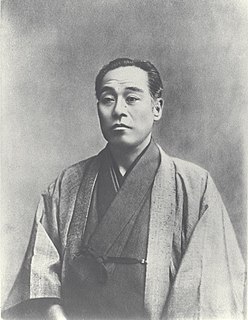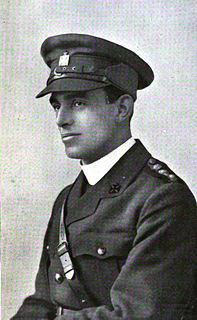A Quote by Ann Landers
Find comfort in the knowledge that no imitator ever comes off as well as the original.
Related Quotes
In its broad sense, civilization means not only comfort in daily necessities but also the refining of knowledge and the cultivation of virtue so as to elevate human life to a higher plane... It refers to the attainment of both material well-being and the elevation of the human spirit, [but] since what produces man's well-being and refinement is knowledge and virtue, civilization ultimately means the progress of man's knowledge and virtue.
When speaking of a "body of knowledge" or of "the results of research," e.g., we tacitly assign the same cognitive status to inherited knowledge and to independently acquired knowledge. To counteract this tendency a special effort is required to transform inherited knowledge into genuine knowledge by revitalizing its original discovery, and to discriminate between the genuine and the spurious elements of what claims to be inherited knowledge.
I do not know if Alice in Wonderland was an original story-I was, at least, no conscious imitator in writing it-but I do know that, since it came out, something like a dozen story-books have appeared, on identically the same pattern. The path I timidly explored believing myself to be 'the first that ever burst into that silent sea'-is now a beaten high-road: all the way-side flowers have long ago been trampled into the dust: and it would be courting disaster for me to attempt that style again.
But progress in knowledge has made us aware of the superficiality of Plato's lumping of individuals and their original powers into a few sharply marked-off classes; it has taught us that original capacities are indefinitely numerous and variable. It is but the other side of this fact to say that in the degree in which society has become democratic, social organization means utilization of the specific and variable qualities of individuals, not stratification by classes.
































